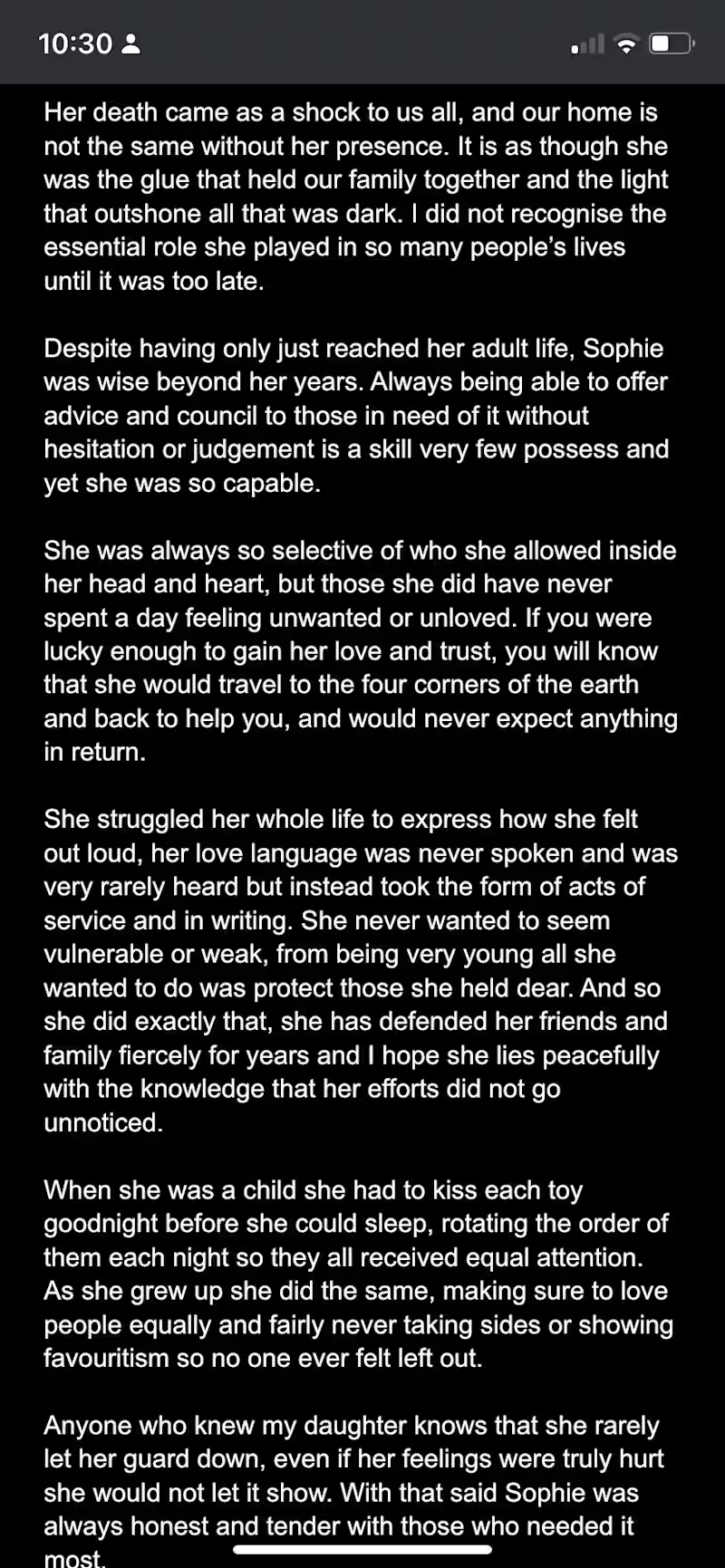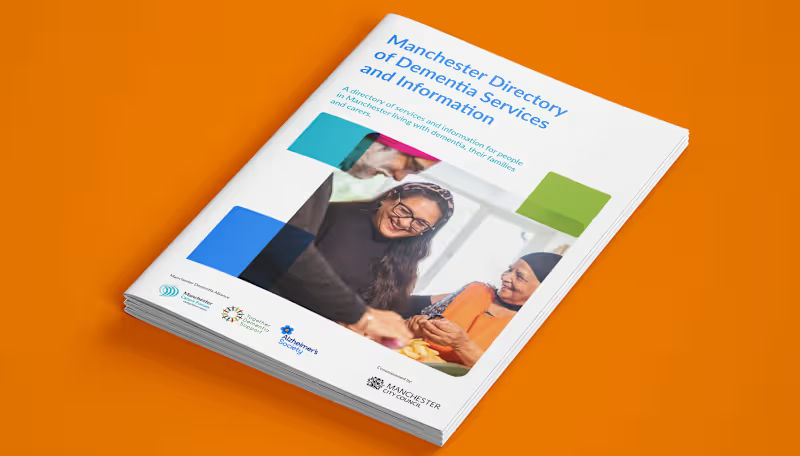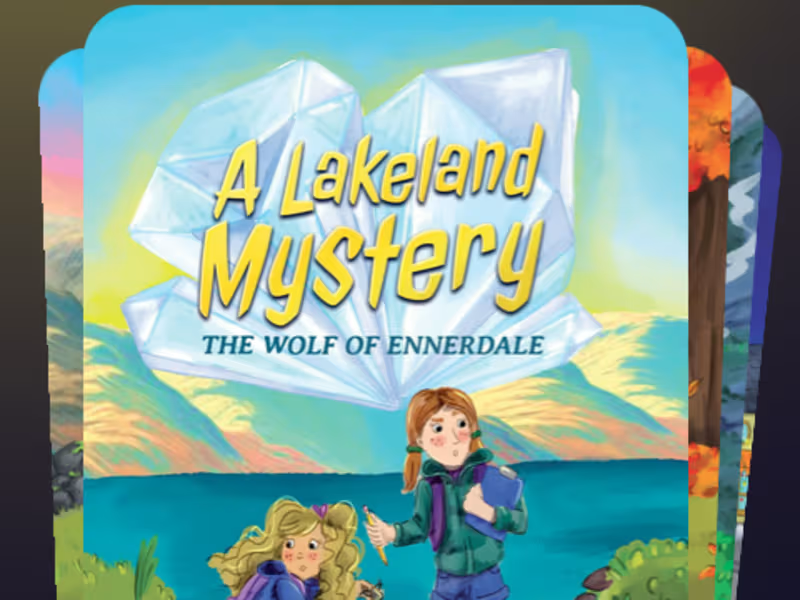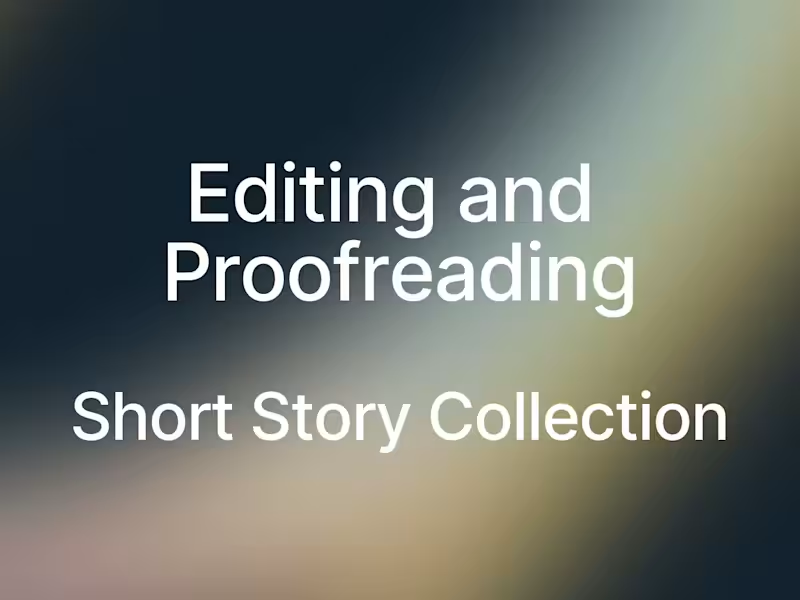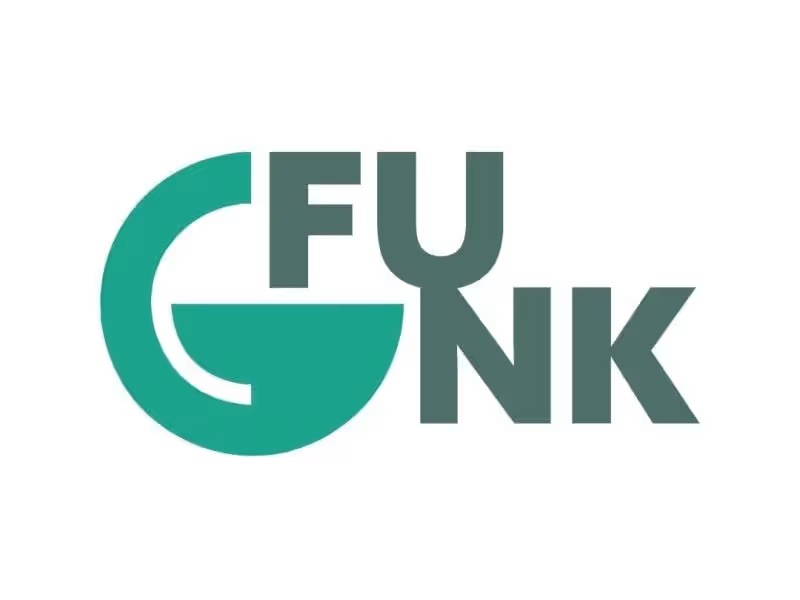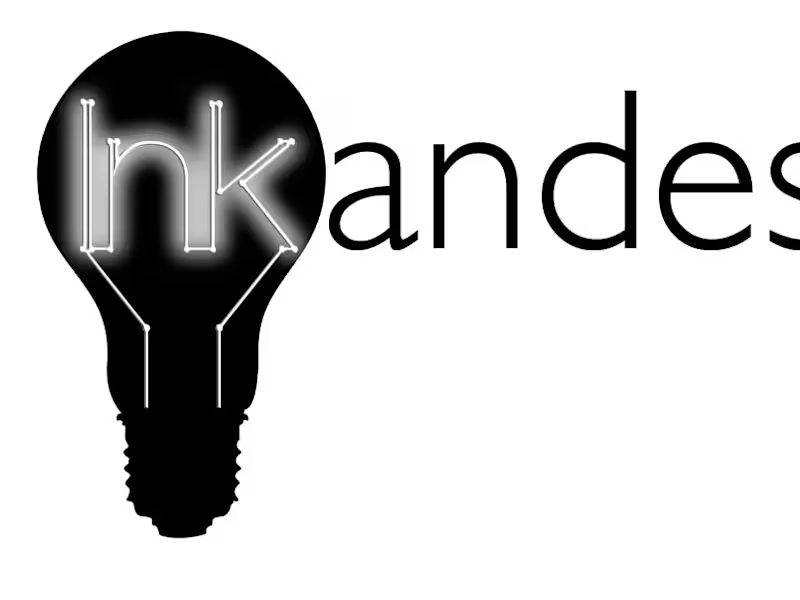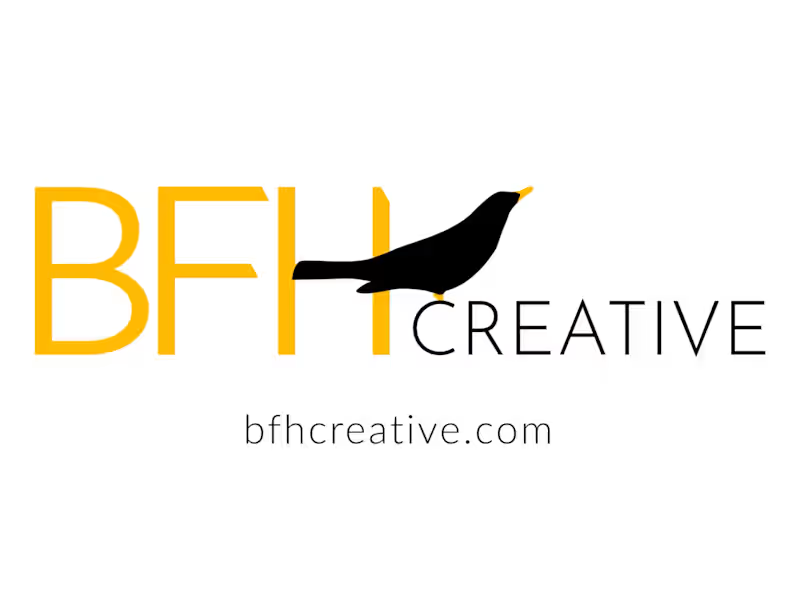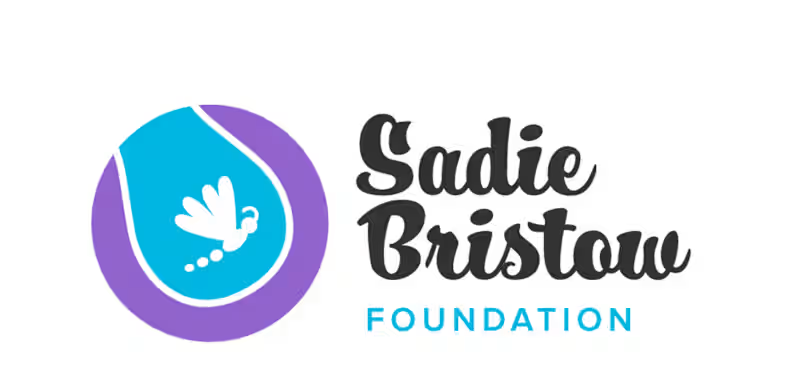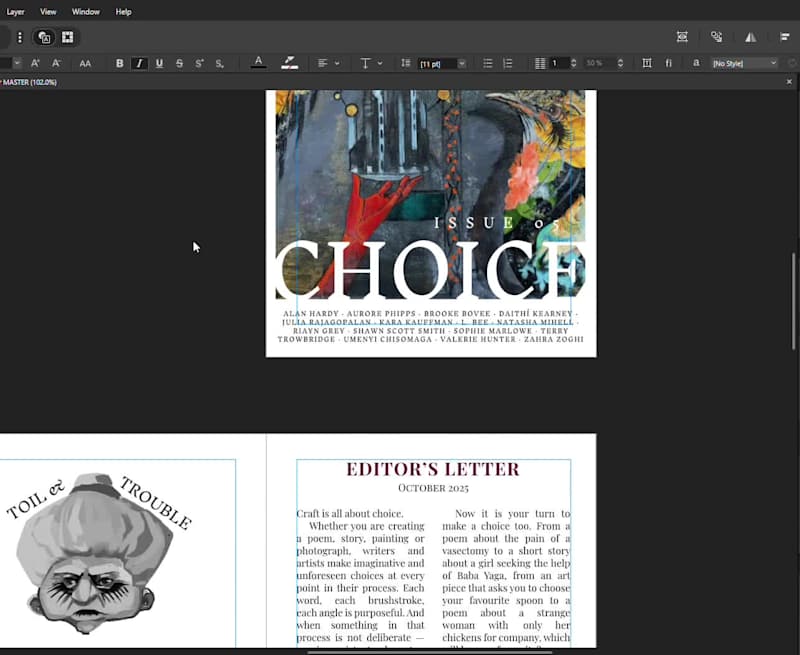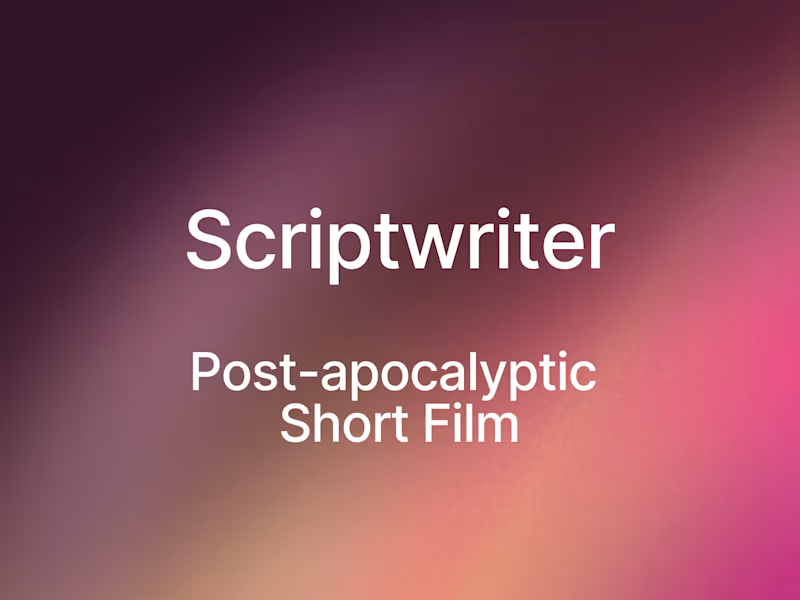What qualifications should I look for when hiring a freelance proofreader?
Look for a proofreader with a strong command of the English language. Experience in your field is a plus. Special certifications or credentials can show expertise.
How do I assess a proofreader's attention to detail?
Ask for sample work or references. Look at their past projects for consistency and accuracy. Detailed feedback on their samples can help too.
How should I evaluate a proofreader’s experience with UK English?
Check if they have worked on projects using British spelling and grammar. Inquire about their familiarity with UK-specific style guides. Experience in industries common in England, like publishing, is beneficial.
How do I ensure a proofreader understands my project's voice and style?
Provide them with examples of what you like. Share any style guides or brand voices. Clear communication about your needs is crucial.
What timeline should I agree on with a freelance proofreader?
Discuss deadlines upfront. Consider the project's size and complexity. Ensure both parties are comfortable with the timeline.
How can I determine the scope of a proofreading project?
Be clear on number of pages or words. Discuss if basic spelling and grammar checks are needed or more detailed editing. Agreement here helps set expectations.
How do I determine if a proofreader can handle legal or technical documents?
Ask about their experience with specialized content. Look for testimonials or portfolios. Formal training in legal or technical subjects is advantageous.
What do I need to provide a proofreader to start the project?
Give them the document in its current form. Share any background information or specific requirements. More clarity at the start can result in better output.
How can I use a trial project to evaluate a proofreader?
Set a small task first. See how they communicate and follow your guidelines. Evaluate their proofreading efficiency and style compatibility.
How important is software proficiency in hiring a proofreader?
They should be comfortable with your preferred tools. Familiarity with programs like Microsoft Word or Google Docs is often necessary. Platforms used in England might have unique features, so ensure they can navigate these.
Who is Contra for?
Contra is designed for both freelancers (referred to as "independents") and clients. Freelancers can showcase their work, connect with clients, and manage projects commission-free. Clients can discover and hire top freelance talent for their projects.
What is the vision of Contra?
Contra aims to revolutionize the world of work by providing an all-in-one platform that empowers freelancers and clients to connect and collaborate seamlessly, eliminating traditional barriers and commission fees.









































